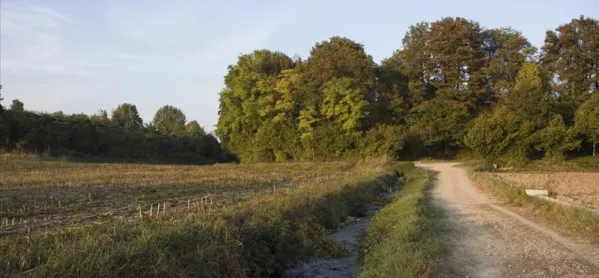During a period of political turmoil dominated by Brexit, the Augar review has remained conspicuous by its absence.
It is now more than six months since the report, calling for a fundamental rebalancing of post-18 education, was published, with then prime minister Theresa May forcefully demanding change (too late, of course, for her to do anything about it in her final days in office).
The government response to the report had been teed up to come out before the end of the year – until the small matter of a general election pushed back into the overflowing in tray of the new government. But given strong opposition from vice-chancellors, not to mention plenty of pro-university MPs, the smart money has been on much of the report being kicked into the long grass. Indeed Andy Street, mayor of the West Midlands, suggested at the Association of Colleges’ annual conference that the prevailing political atmosphere did not augur well for the report’s prospects.
Background: Augar review: Give colleges £1bn and freeze HE funding
News: 'Keep on pressing,' Marsden tells FE sector
Opinion: Christmas can be hard. But you don't have to ignore it
Augar: still on the table?
But as long as the government’s response to what the Conservative manifesto described as the report’s "thoughtful recommendations” remains unseen, the proposals within it remain on the table.
And it’s worth bearing in mind that the swathe of newly Tory constituencies beyond the “red wall” will almost all have an FE college. The caricatured Workington Man, identified by pollsters, could well have children attending nearby Lakes College down the road. Richard Holden, the new MP for Durham North West (and erstwhile special adviser to Gavin Williamson), has already been receiving invitations to visit local colleges.
Barely any of these constituencies have a university. Higher education may historically have been more comfortable territory for politicians than skills, but HE institutions are not the target audience that the new government must speak to.
Labour may have identified disillusioned voters in rural seats in its strategy, but it ultimately failed to win them over. Potential leadership contender Lisa Nandy, heavily involved in the Centre for Towns project, will be hoping to steer the party to more success with this part of the electorate. The Conservatives will have to work hard to retain their current dominance. Investment in, and focus on, the crucial role of colleges as anchor institutions in these areas could be one way in which this manifests itself. After a decade of sustained underinvestment, here's hoping.




